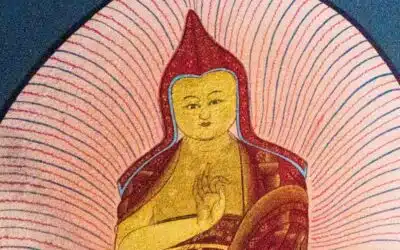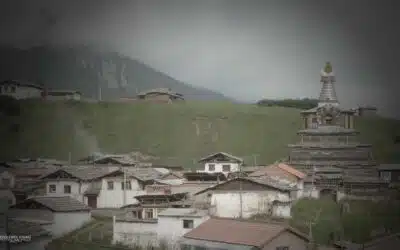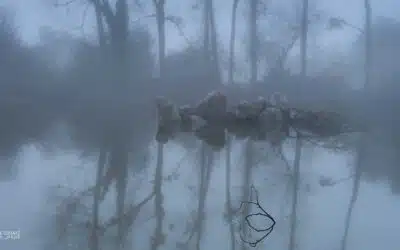
What can a body do?
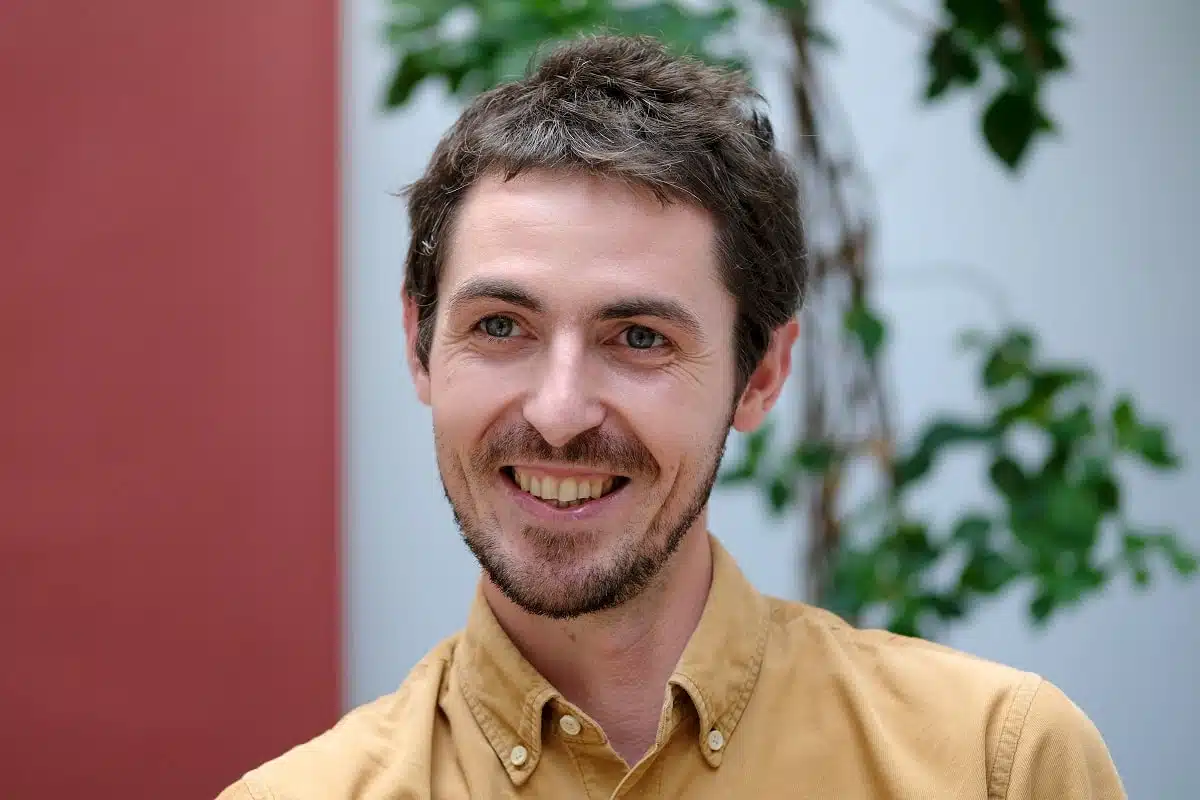
Written By Grégoire Langouet
Blog | Culture and tradition | Reflections on life
In this article “What can a body do?”, Gregoire writes about what the Dzogchen tradition calls “the precious human existence”.
“No one knows what a body can do” wrote Spinoza* — a human body. An old philosopher’s statement, even if it is for once very concrete. No one knows? Well, yes, the Dzogchen apparently knows! He who brings many answers — including the most surprising ones (you can read Johanne’s post about this).
First of all, a human body is easy to find, since we see so many of them around us. But when you think about it, you realize that it is rather rare (as Paul said in his article ) and above all very precious. This is what the Dzogchen says.
For sure, sometimes we would like to fly in the air and soar like an eagle; to immerse ourselves in the seas, to explore the abysses of the deep sea. A life of a fly or a mosquito? There is often less interest… What a diversity among the living beings of this earth!
But why not accepting what we are, fully; what we have: a precious human life, with all its capacities? And make the best use of it, beyond anything we could imagine — this is one of the proposals put forward by the Dzogchen tradition. Banal? Not so sure…
For it can walk, talk and dance, this body — breathe, hear, see and touch, this precious body. So let us rejoice in such miracles!
We can happily stroll through the streets, the fresh wind caressing our skin; walk into the forest, swim or climb the peaks; use our whole body to enjoy a meal: look, smell, taste — and the same with other bodies: beauty, warmth, softness…
…What can a body do?
As we practice Dzogchen, it may even be that these activities, so banal in themselves, become real wonders. In any case this is what happened to me, over time, with a little training: as if I was seeing, eating, feeling for the very first time. As if until then everything had been attenuated, reduced, veiled by all sorts of obscurations — and in particular, by many thoughts!
For we think, we interpret, we judge, we put countless conceptual labels on everything that happens to us — I like, I don’t like, it’s beautiful, ugly, etc. etc. — but we rarely experience directly what this precious human body can do, in a simple and natural way — without thinking too much about it, just by being present. Opening all our senses, our body. Being present to our experience. Opening and opening again. Expanding our field of perception. Becoming attentive to everything that appears to us.

What can a body do?
Dzogchen makes us aware of the extreme preciousness of our human condition, in all situations. Every moment is precious. No two moments will ever be the same.
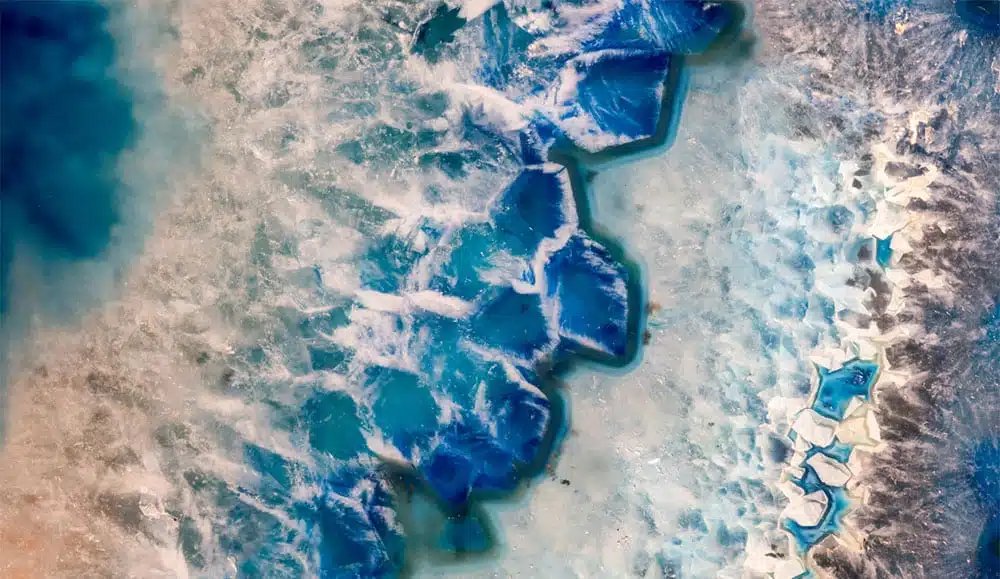
We are present and open, alert, attentive and vigilant, thanks to our consciousness too — another marvel of this precious human life. It is thanks to all these functions (awareness, vigilance, alertness, intelligence, imagination, etc.) that we will be able to fully appreciate our life, and not miss a moment of it! Gradually, with time and practice, what was insignificant and not even noticed — our feet on the ground, the fork in our hand, the door handle of the toilet, etc. — absolutely everything, will become more and more conscious, clear and precise.
Nothing will be left out. No shadowy areas will remain. A deep sense of peace will arise. By then, we will slowly but surely pass from the unconsciousness of the automatic pilot of the “all work and no play”, to the full awareness to all that manifests. What was ordinary will become extraordinary again. Here it is then, a precious and free human life!
Precious and free…
As human beings, we are always attracted to pleasure and repel suffering. But whether we think we are free or not, whether we think we are suffering or experiencing pleasure, it makes no difference. For Dzogchen true freedom is to be able to use all experiences to know the incredible: there are no good or bad experiences.
Dzogchen makes us aware of the extreme preciousness of our human condition, in all situations. Every moment is precious. No two moments will ever be the same. What we experience now, we will never experience again… never! So we might as well not miss anything, right now!
Moreover, this tradition is still alive. Its teaching is accessible, even in French! It has realized masters present among us — rare, so precious — and who keep the lineage alive since the origin. Finally, there are people who try to put it into practice and who can support us.
What could be better? Let us rejoice! We have all these rare and precious conditions to set us on our way. What’s more, since we are on this site, a link has (maybe) already been established…
Each moment, unique treasure, will never come again. Let us savor it. Let us rejoice in our rare and precious human life. The Great Perfection is now!
* Spinoza, Ethics, Book III, Proposition 2, Note (Verum ego jam ostendi ipsos nescire quid corpus possit). The spinozist “scream” according to Gilles Deleuze. BACK
More Posts
Phenomena
"Phenomena" is the second entry in a new category designed to improve understanding of essential Dzogchen words and concepts.
The Story of the First Masters: Manjushrimitra
We continue the Stories of the First Dzogchen Masters with Manjushrimitra, who structured the verses of Dzogchen into three series.
Diebu
In this article, “Diebu,” Mila Khyentse discusses the places of the lineages, particularly that of Diebu.
Be authentic!
In "Be Authentic!" Denis explores authenticity in the master-disciple relationship, a living space in which the nature of mind is recognized.
The First Day
In this article "The First Day", Mila Khyentse talks about the first day of the Tibetan year and what we usually do in a primordial way.
Starlight
In "Starlight", Mila Khyentse talks about winter nights, starlight and light of mind. We just have to look up!


